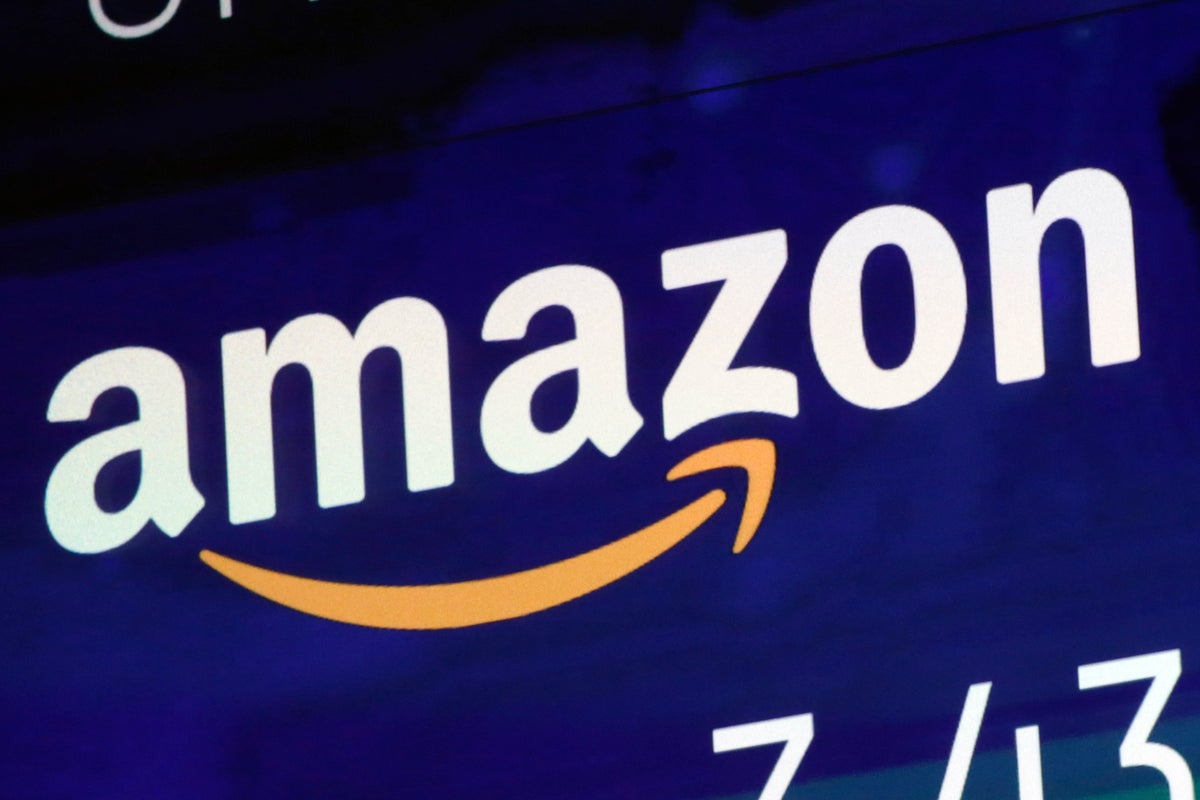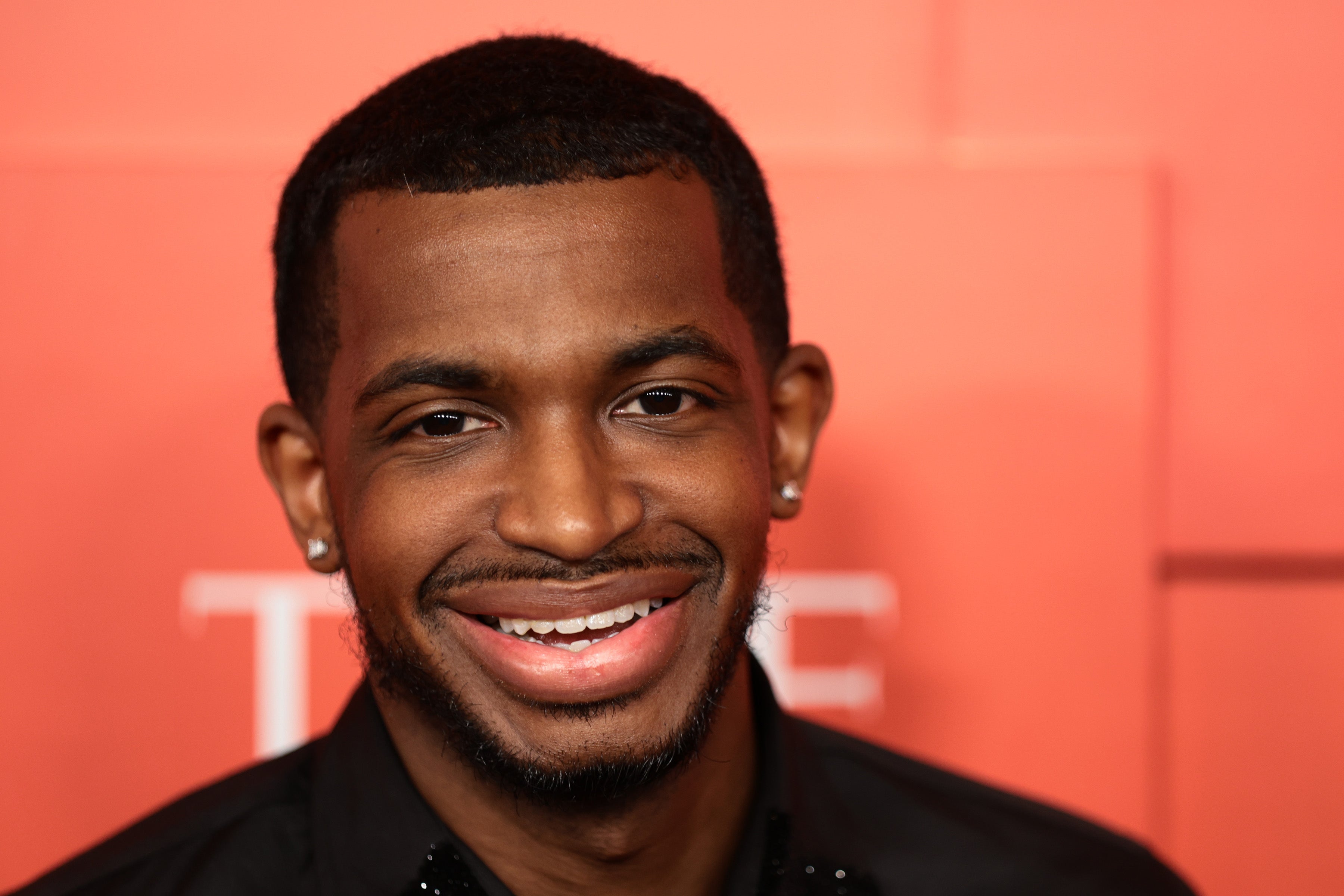
Derrick Palmer, one of the founders of the Amazon Labour Union, has said that he expects at least 20 Amazon warehouses to unionise within a year, and that founder Jeff Bezos will return to head the company.
He also told The Independent that warehouse workers are under great pressure to fulfil Prime Day demands with lacklustre rewards, speaking after an online rally of Amazon workers in the UK and US.
The rally followed walkouts in Bristol and Tilbury and prospective industrial action in Coventry.
“The biggest challenge is getting Amazon to negotiate the contract. Getting other workers involved, hosting these national calls, getting other facilities to organise, building that power, and then ultimately to strike”, Mr Palmer said.
“It could take a year to get to a general strike. In the US and the UK, it’s going to take a while. But we already have [Amazon warehouse] ALB1 in Albany, their vote starts tomorrow, and ONC8. Before the end of next year, I’m predicting 20 buildings at least.”
Mr Palmer continued that the reason more Amazon workers were joining unions was because the rising cost of living crisis was finally showing workers that there were no other options. In the UK, nearly half of people aged 16 to 25 are concerned they will not be able to afford food. Another third believed they would not be able to afford putting the heating on – and living situations are similar in the United States.
“The fact that they’re giving these peanuts in terms of raises. You give workers in New York and Staten Island a 2-cent raise – you think they’re just going to be happy with that? Clearly, workers that were on the fence … they’re going to lean towards getting more involved, because now the message that we’ve been trying to relate to them for a year, it’s starting to make sense to them.
“Ultimately, [Amazon doesn’t] want workers to be empowered. They don’t want workers to feel like if they speak out, they can get what they want. They’re stingy with their money. [We’re demanding] a decent pay increase – inflation rate – better benefits, and job security. These are basic demands, but if they can’t even do that, then we’re going to ultimately walk out and strike.”
Since 2015, Amazon has been encouraging customers to purchase more goods by making its Prime Day – and the shopping giant is likely to increase that to twice a year with what it calls ‘Prime Fall’. Working in an Amazon warehouse is a stressful experience on a normal day, and Mr Palmer says that is only exacerbated during this huge shopping drive.
“The pressure is definitely on. When you walk into an Amazon facility there’s a lot going on, it’s a busy company, but on Prime Day, they remind you … you’re working an extra day, and instead of working 10 hours, you’re working 11 hours. Do you go from working 40 hours, which is already tough, to working 55 hours, on top of them telling you that you need to go faster”
Mr Palmer said that Amazon tries to motivate workers with Amazon hoodies, TVs, and Amazon Fire TV Sticks. “Obviously, everything [is] Amazon … there’s no real ultimate prize for going faster, risking your health, which is what workers are already doing on a normal basis.”

Mr Palmer also said that he believed there was little risk that automation, from Amazon robots like Proteus that the company announced a few months ago. “I don’t know which facility actually has robots [but] there are a million workers at Amazon – you meant to tell me that you’re going to replace all of them?”, he said.
Amazon is struggling to find workers in the United States, according to internal research performed by Amazon. “If we continue business as usual, Amazon will deplete the available labor supply in the US network by 2024,” the report stated.
While many of Amazon’s labour issues rose under the leadership of Jeff Bezos, the once richest man in the world has taken a step away from the day-to-day of the shopping behemoth – although this is something Mr Palmer believes is only temporary.
“I think he’s going to go back into the CEO role, and he’s just playing it cool right now because of the unionisation efforts [and the] controversy that has been going on at Amazon”, Mr Palmer told The Independent.
“I don’t know for sure, but the timing … it seems like that’s when he decided to step down and just be on the executive board”.
Amazon workers have been offered a 35p per hour increase at Tilbury, with workers at the facility earning a minimum of £11.10 an hour. Many workers have said that they are unhappy with what they see as an inadequate increase; workers in the North East of England have also criticised Amazon for what they describe as a “shameful” 50p per hour increase.
“I shouldn’t have to come home after work and wear a jumper in the house, and be told by the government that we’ll have to tighten our belts … 50p doesn’t cut it. I don’t want [Jeff Bezos’s] rocket. I don’t want his boat. I just want a healthy-looking bank balance, so I can pay for my kids at Christmas”, one anonymous worker said at the rally.
In solidarity with the employees, Senator Bernie Sanders said that “working people are falling further and further behind” in the global economy while “working people are pulling further and further behind.”
He continued: “You can’t negotiate with Jeff Bezos. He’s much too powerful. But you can negotiate when you have a union. I wish you all the best of luck in your struggles, and understand that what you’re doing in the UK is important to us all.”
The shopping giant’s labour issues have also been rising in the United States. The company suspended at least 50 warehouse employees who refused to work their shifts following a trash compactor fire at one of its New York facilities, according to union organizers.
Workers were concerned that the air in the facility would be unsafe to breathe. Approximately 100 workers held a sit-down protest at the facility’s main office, demanding to be sent home with pay.
“While the vast majority of employees reported to their workstations, a small group refused to return to work and remained in the building without permission,” Amazon spokesperson Paul Flaningan said. The suspensions are in effect indefinitely as the company investigates.
“Workers are fed up with a culture that squeezes them like a sponge while paying them too little to heat their homes”, said Cori Crider, a director of Foxglove, a legal non-profit which supports Amazon workers.
"These folks bust their backsides every day to ship us our parcels, and the crushing workload on days like today’s Prime Day risks their lives. But Jeff Bezos prefers to splash his cash on spacecraft and superyachts - he’s too cheap to pay his people a decent wage.”
In a statement, Amazon said: “We appreciate the great work our teams do throughout the year and are proud to offer competitive pay. This starts at a minimum of between £10.50 and £11.45 per hour, depending on location, and represents a 29 per cent increase in the minimum hourly wage paid to Amazon associates since 2018. Employees are also offered comprehensive benefits that are worth thousands more—including private medical insurance, life assurance, subsidised meals and an employee discount, to name a few
“On top of this, we’re pleased to have announced that every full-time, part-time and seasonal Operations associate will receive an additional one-time special payment of up to £500 as an extra thank you.”







